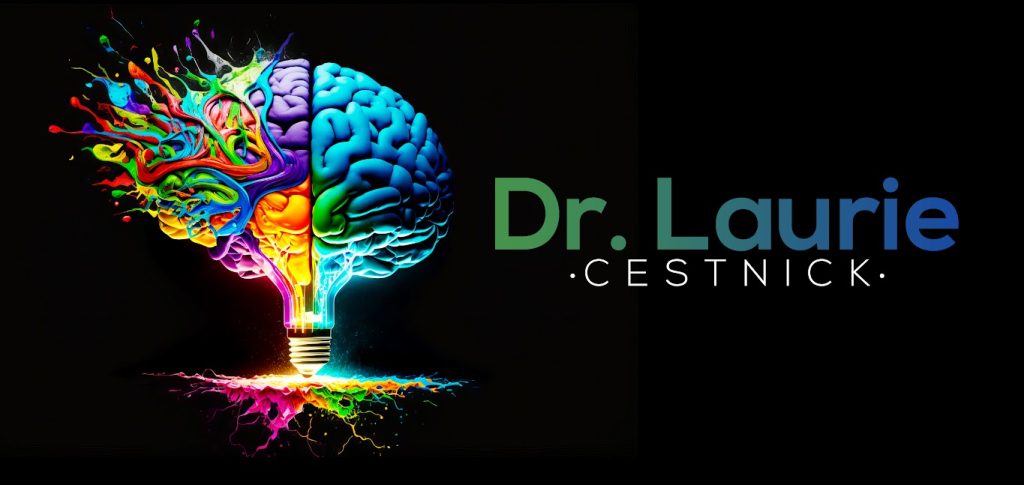
If you or your child/loved one is experiencing attention concerns, you are in the right place. These attention concerns may have been present from birth or acquired after birth (e.g., after traumatic brain injury/concussion or stroke).
As a scientist of attention, I tend to see attention deficits differently than most. Neuropsychologists and medical doctors typically use the DSM-5-TR diagnoses of attention based solely on the presence, number, and age onset of symptoms from categories related to inattention and/or impulsivity and hyperactivity. I use these criteria as well, but as a scientist of attention, I am aware that attention is far more multifaceted than this.
There are many facets to attention and not all are treatable with medication alone, and there are also a high number of people misdiagnosed with ADHD that may instead have inattention due to anxiety, working memory concerns, or specific learning disorders related to processing language or spatial information, head trauma, long covid or other (people can meet the symptom criteria but those symptoms be present for different reasons). This is why the assessment process is so important and why I am so thorough in understanding exactly what is going on, so we can solve the problem.
As a neuroscientist, I developed theories as to how visual attention works and is represented in the brain (nominated for Harvard Junior Fellowship for these models that hold true today). These theories evolved out of my dyslexia research and apply to all kinds of phenomena related to how we attend to and perceive things in our world generally. Neuropsychological assessment will examine visual attention, auditory attention, switching of attention (between various kinds of stimuli as well as between concepts), holding attention over time, etc., in addition to more traditional approaches related to symptoms – examined via questionnaire data and a diagnostic interview.
Treatments for inattention are as vast as the causes for inattention, and treatment for ADHD specifically (as defined by the DSM-5-TR) is tailored to whether one fits inattentive, impulsive/hyperactive, or combined subtypes. These treatments involve behavioral and cognitive strategies, diet, supplements, medication, etc. Should a person not have a traditional form of ADHD, but have inattention for another reason(s), recommendations will be tailored for that individual to help improve focus, behavior, and life outcomes.

I provide advanced neuropsychological assessments to identify and address brain-related concerns. With over 20 years of expertise, I help you understand your cognitive health and create strategies to improve daily function and well-being.